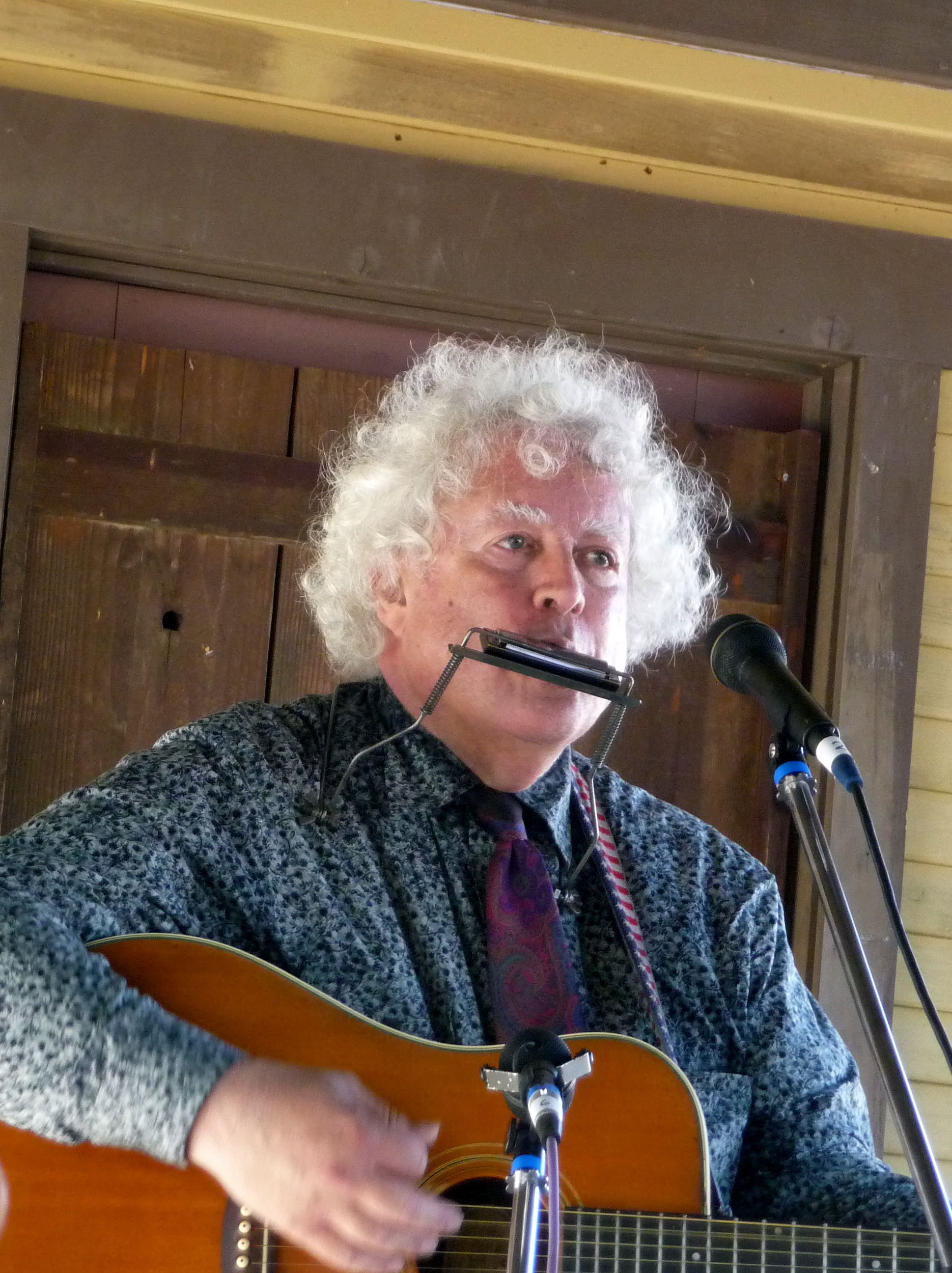Correction: The original version of this article contained an error. Ross Altman writes for the website Folkworks.
While Los Angeles’ folk scene has died down, it has not died. Folk musicians like Arlo Guthrie, most recently seen at Royce Hall, continue to perform long after historic folk venues such as the Ash Grove shut down. Musicians and appreciators alike still pay tribute to the folk movements of the 1950s and 1960s, when folk music provided the sound track to political activism and a vision of change.
Founded in 1958 by Ed Pearl and named after the Welsh folk song by the same name, the Ash Grove held concerts with Muddy Waters, Bob Dylan, Joan Baez, Johnny Cash and Pete Seeger, among many others.
And after all these years, the venue is still commemorated by the likes of UCLA, where a three-day concert and workshop series was held to celebrate its 50th anniversary three years ago. Before its closing in 1973, folk singer and UCLA alumnus Ross Altman called the Ash Grove “the West Coast University of Folk Music” as it brought new sounds like the blues from down South to Los Angeles for the first time.
Altman himself has a doctoral degree in English, but chose to pursue folk music instead, becoming the president of the Santa Monica Traditional Folk Music Club. He said he is committed to preserving the folk tradition by performing at nursing homes, schools and churches, as well as writing for the website FolkWorks, which has an online calendar of upcoming folk events that big newspapers such as the Los Angeles Times no longer have room for.
But folk music was not always marginalized. Altman said that growing up on the left side of politics in Los Angeles in the 1950s meant also growing up in a well-defined artistic milieu, in which people supported artists such as Seeger and Paul Robeson through their blacklisting during the McCarthy era. The Ash Grove was the first place to book Seeger after he was blacklisted in 1955.
As the former president of Students for a Democratic Society at UCLA, Altman often fuses music with politics, calling himself a “singer-songfighter.” In modern times, he has extended his songs to include environmental, feminist, gay rights and animal rights issues.
Back at UCLA, Altman remembers the impact that Professor Emeritus D.K. Wilgus had in drawing national musicians to the local scene, organizing folk festivals and building an archive of more than 11,000 folk songs now in the UCLA Ethnomusicology Archive. But music appreciators don’t have to settle for old recordings to get their folk fix. While the Ash Grove is gone, McCabe’s Guitar Shop in Santa Monica continues to offer folk instruments and concerts, from Tom Waits and John Lee Hooker to M. Ward and Beck.
For lesser-known folk music mines, Altman recommends venues such as Kulak’s Woodshed in North Hollywood and UnUrban Coffeehouse in Santa Monica. The 51st Annual Topanga Banjo-Fiddle Contest and Folk Festival in May is also still accepting contestants who want to grace the same stages as Jackson Browne, Taj Mahal and Steve Martin.
Despite the lack of media fanfare, Altman said he has faith in the folk scene of Los Angeles to continue to draw crowds.
“After all, that’s why they call it folk music,” Altman said.
